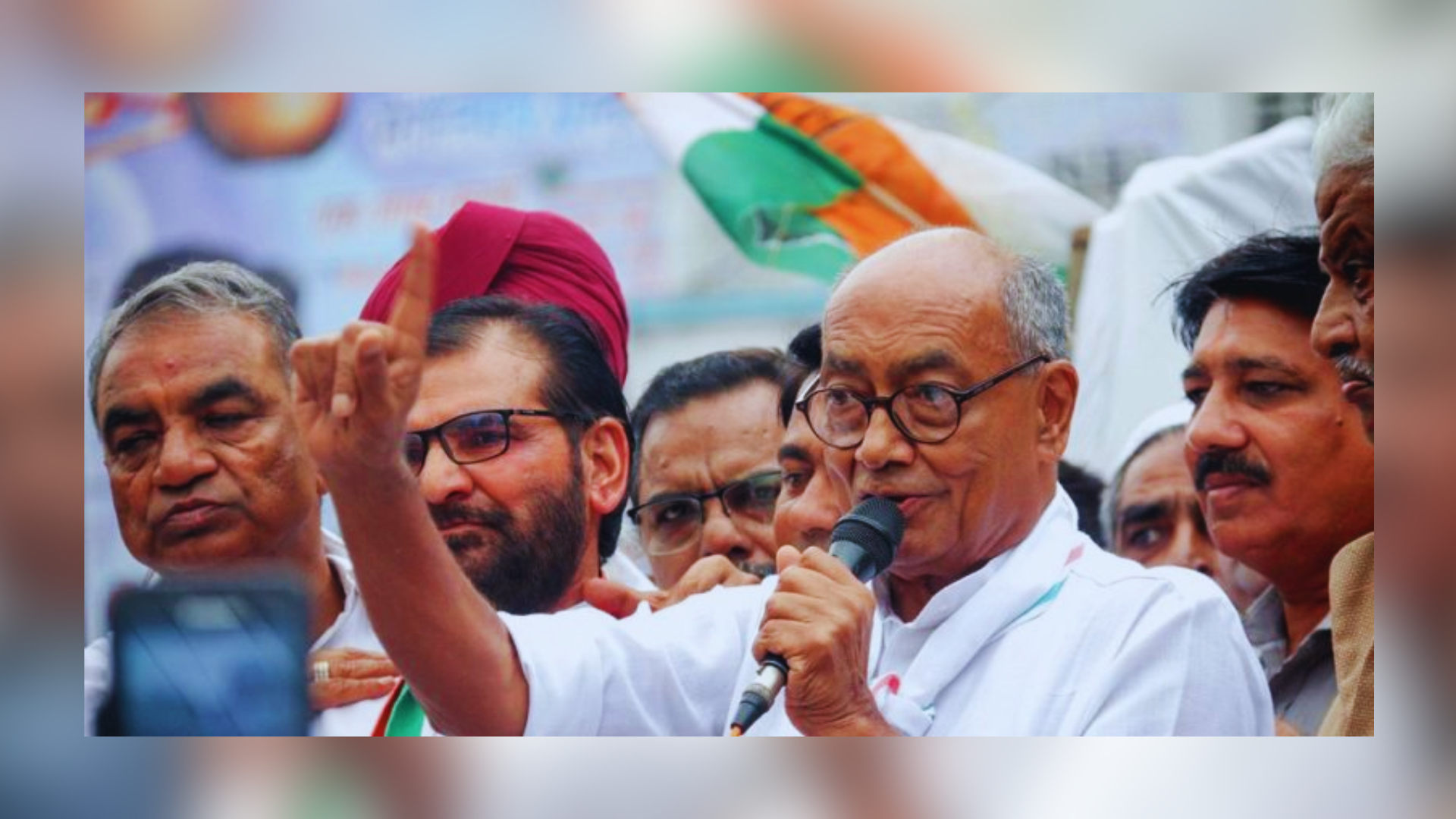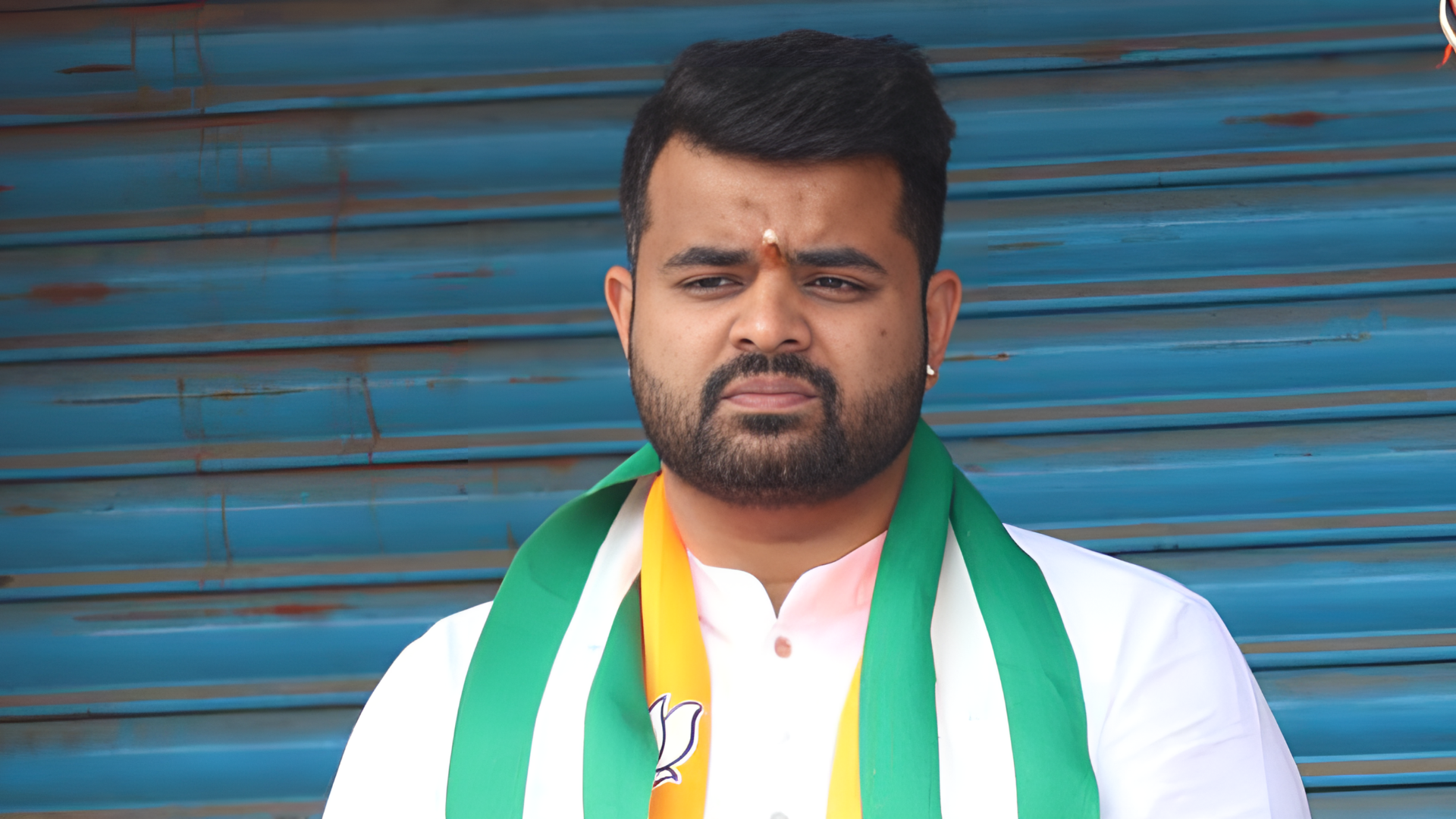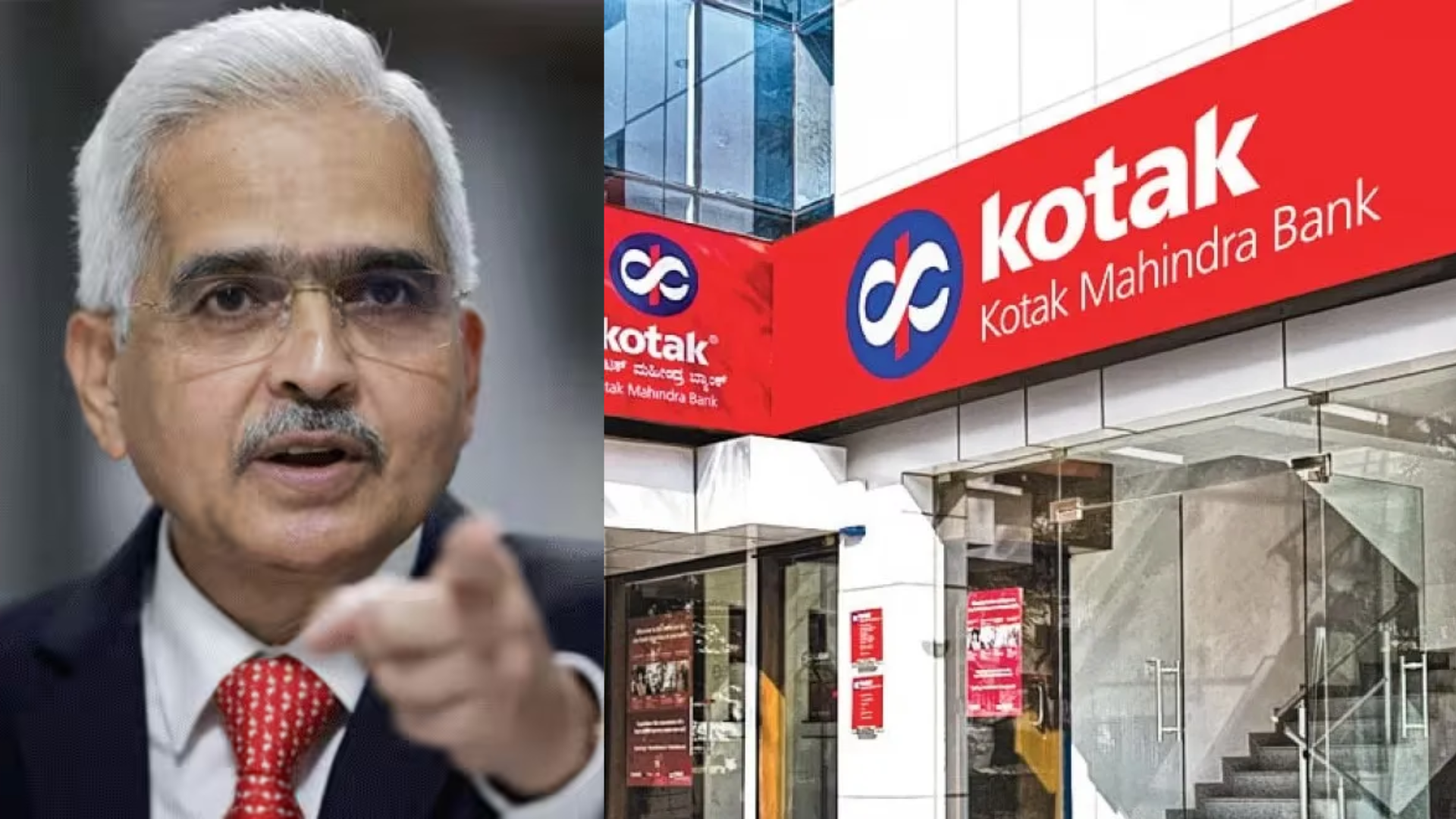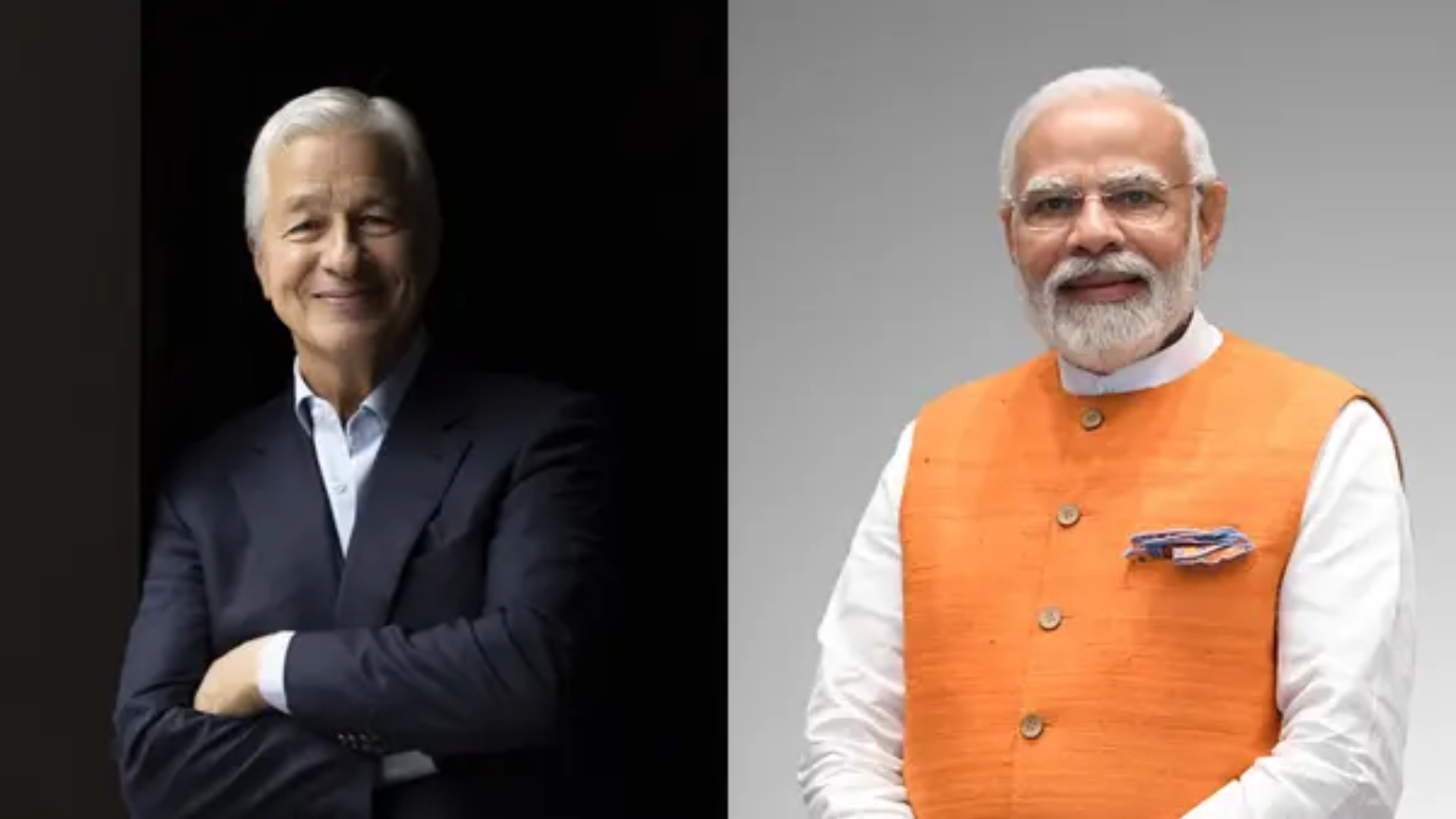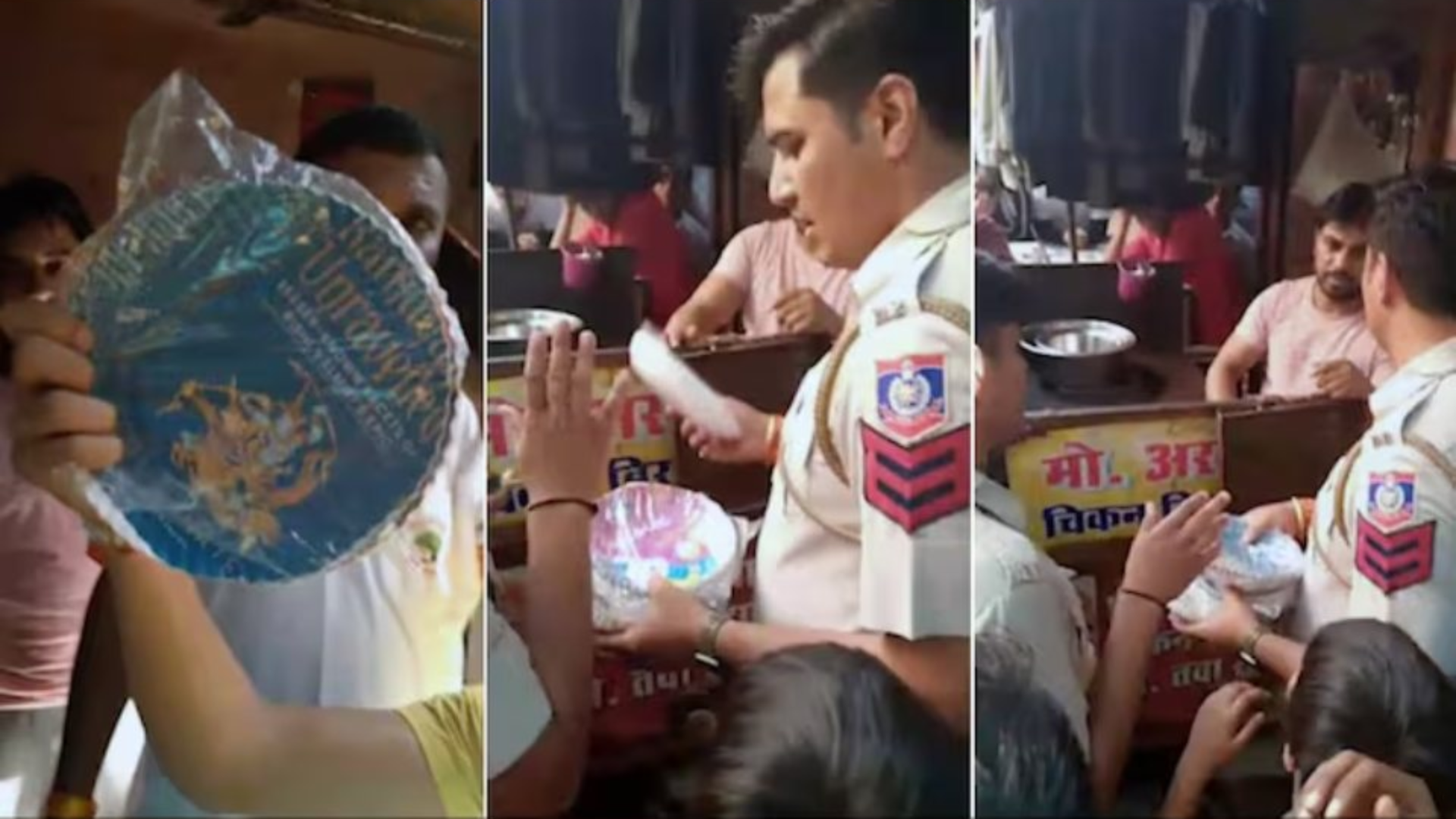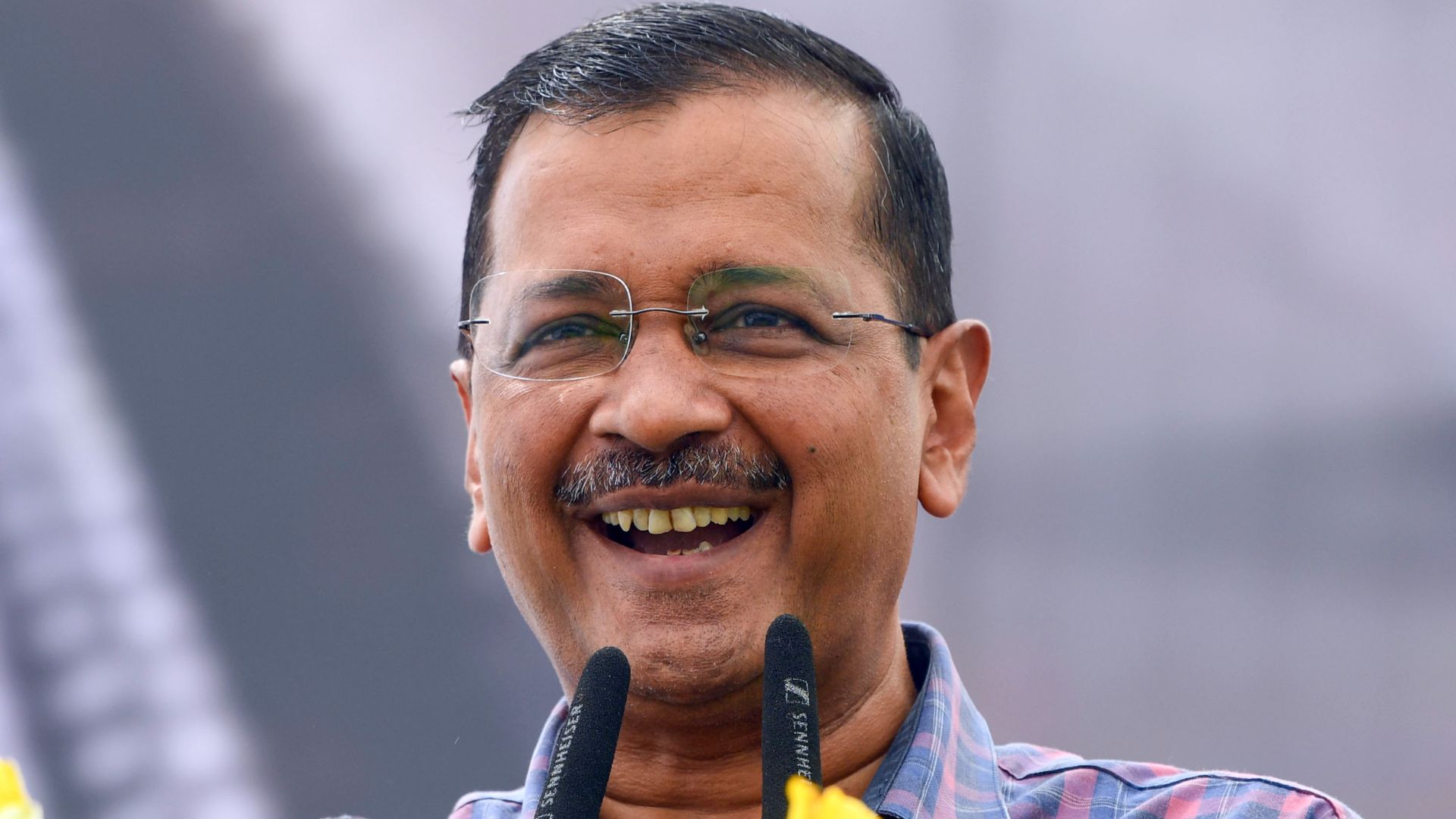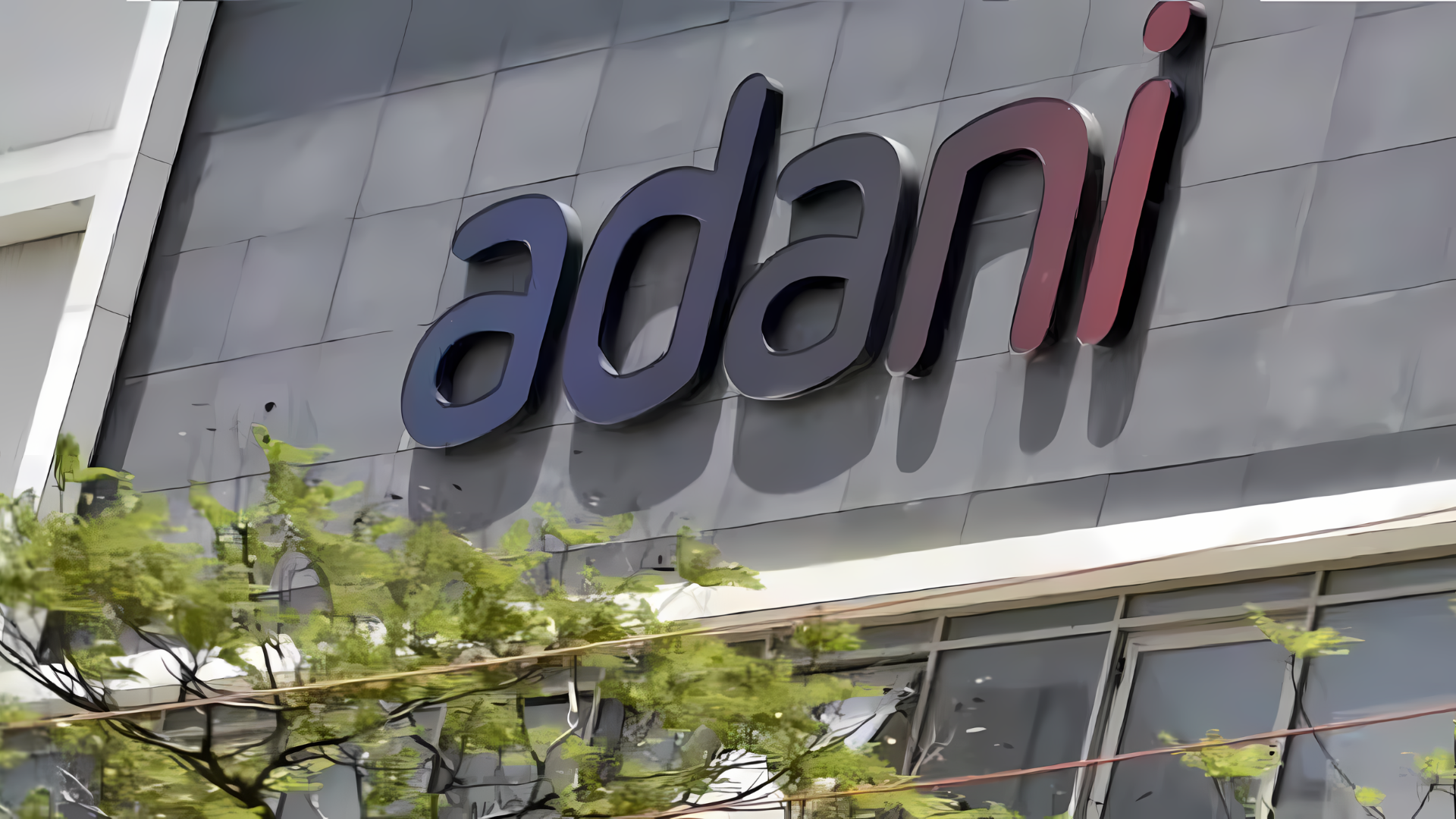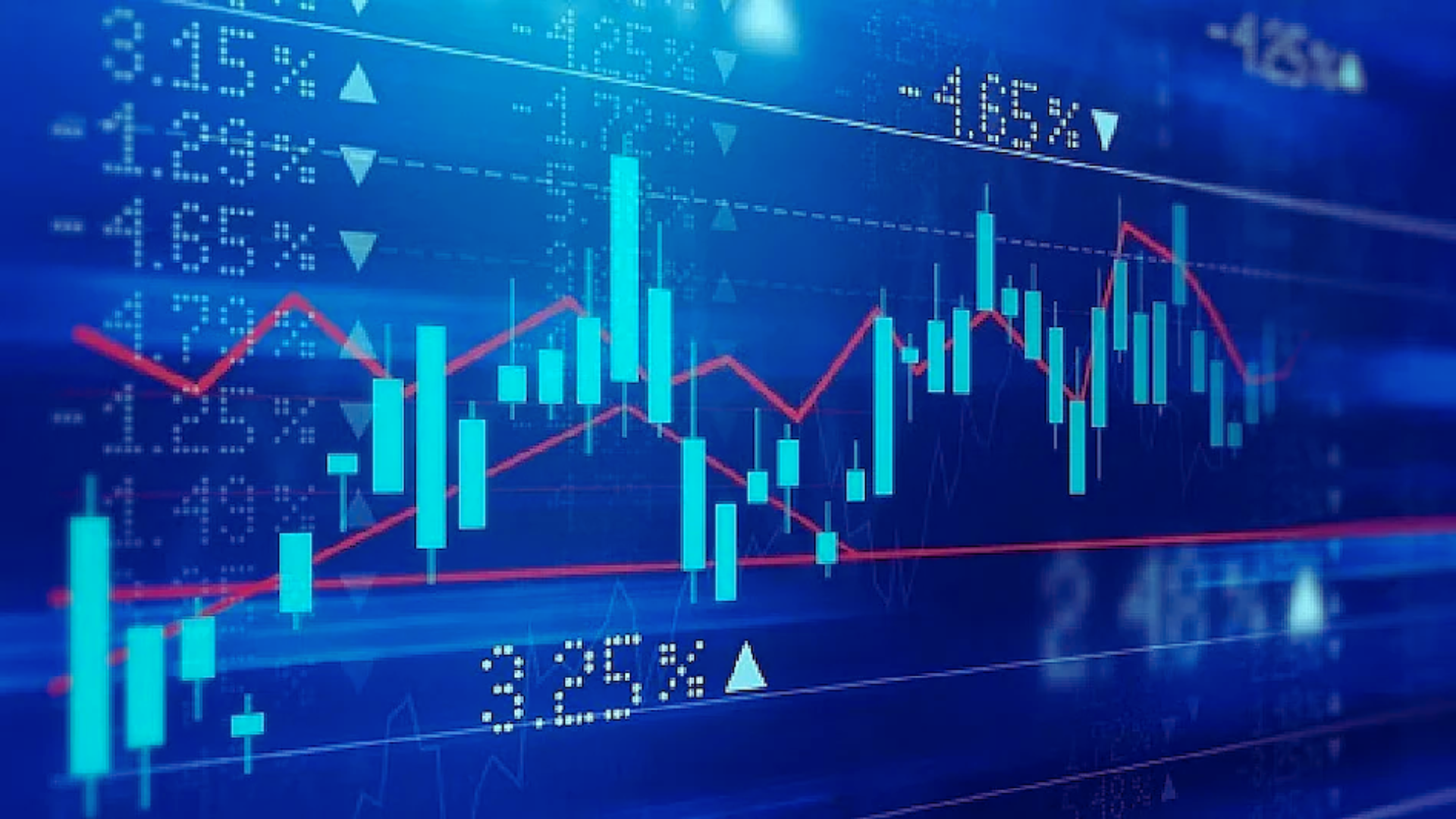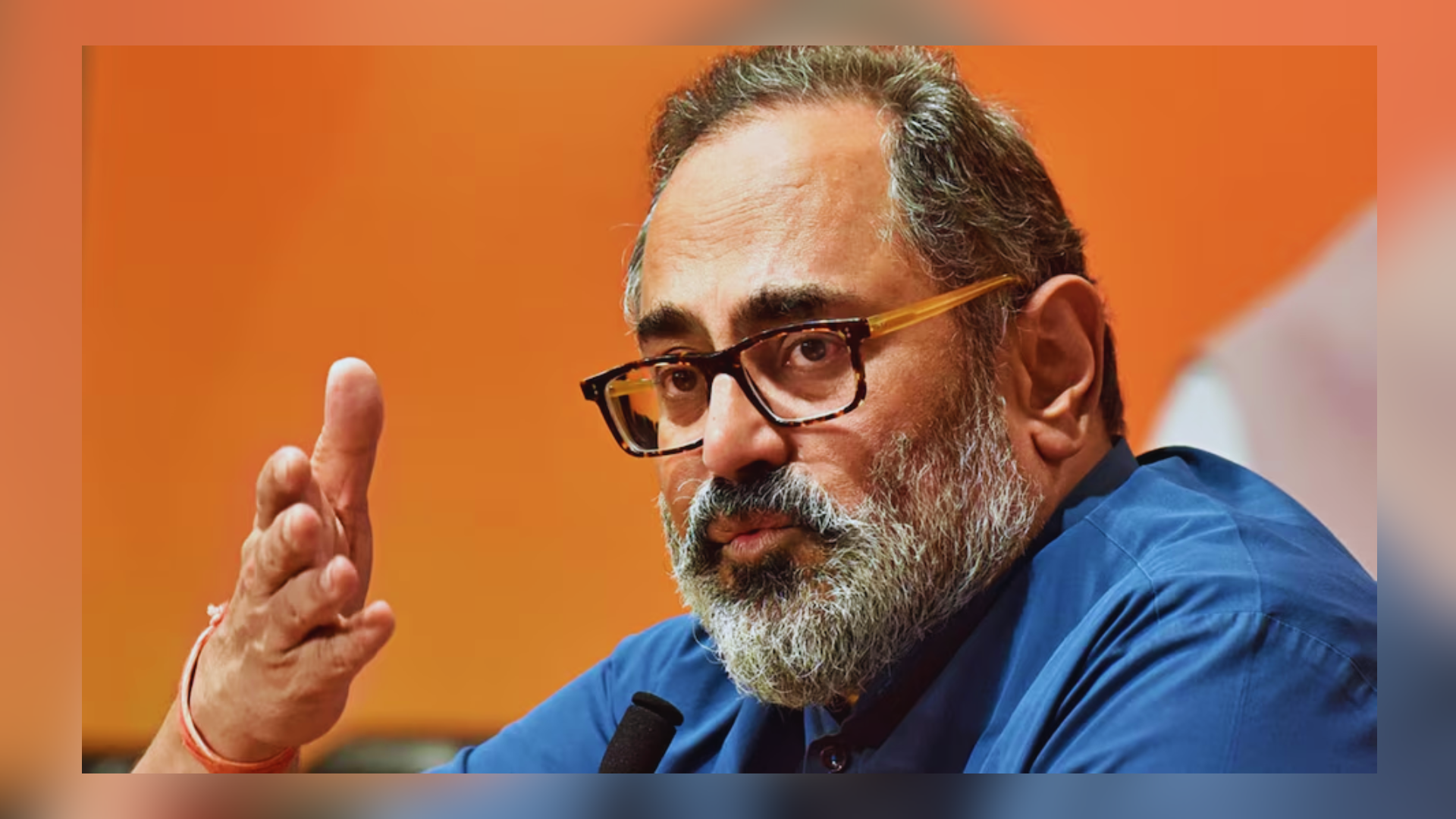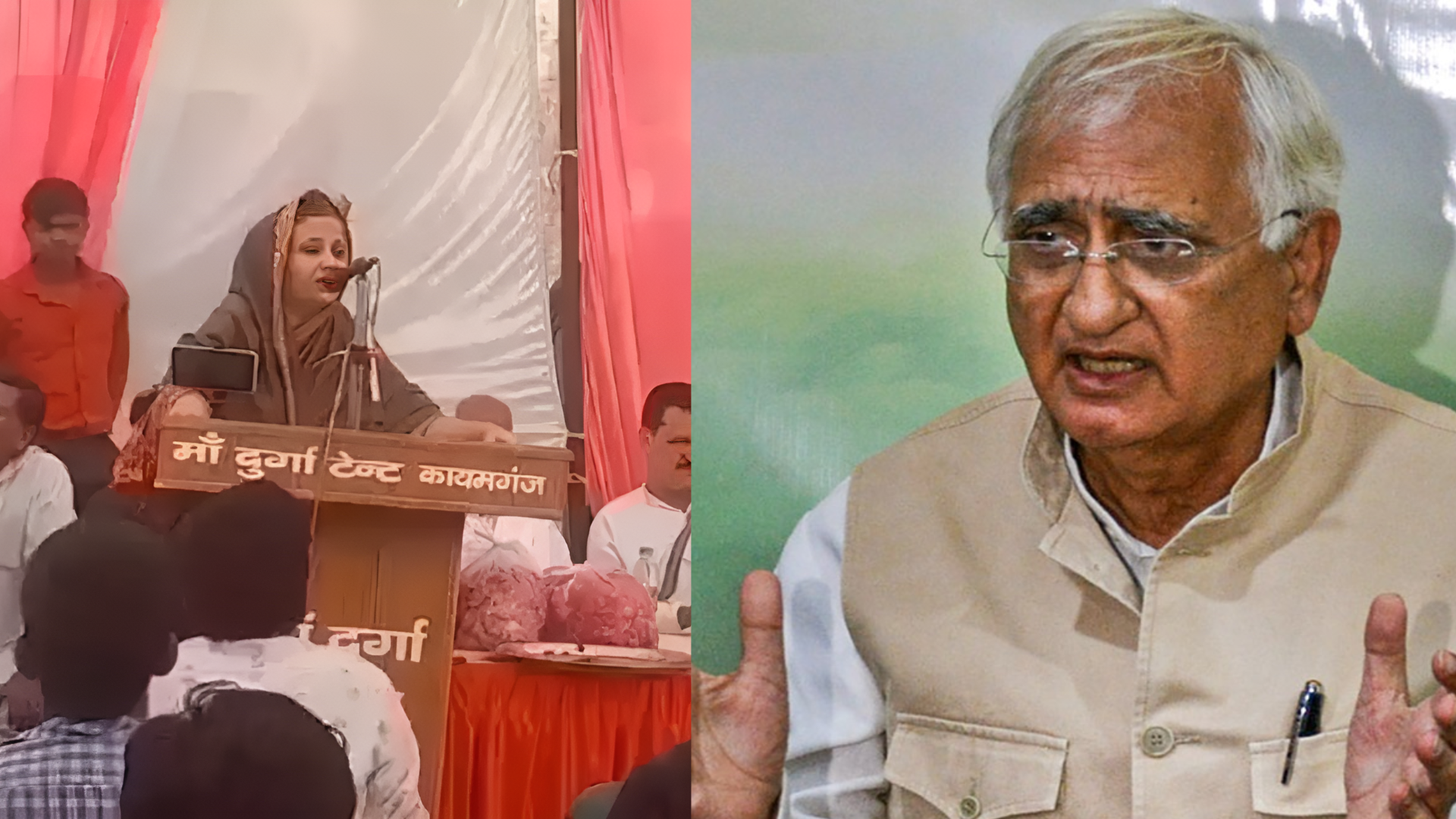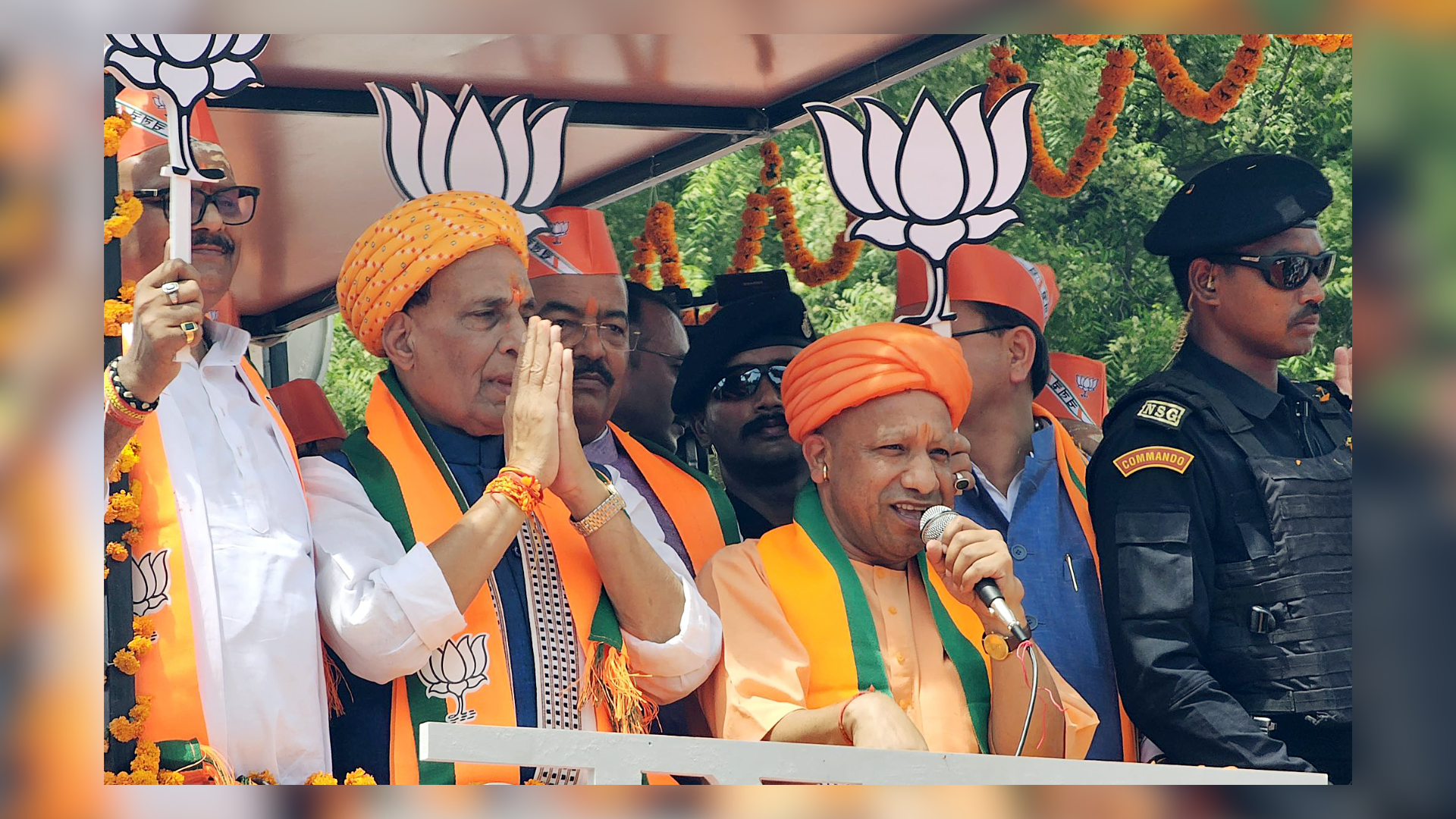Security was heightened outside Delhi’s Rouse Avenue Court on Saturday as Chief Minister Arvind Kejriwal arrived to appear in connection with the Delhi Excise Policy case.
On Friday, the Rouse Avenue Court reserved an order on the stay of summons issued to Kejriwal in response to complaints filed by the Enforcement Directorate (ED). Kejriwal has contested the summons issued by the court after it took cognizance of two complaints filed by the ED.
The ED seeks to record Kejriwal’s statement on matters such as the formulation of policy, pre-finalization meetings, and allegations of bribery.
The Sessions Court of Rouse Avenue Court on Friday declined to stay the summons issued to Delhi Chief Minister Arvind Kejriwal based on complaints filed by the Enforcement Directorate (ED). Kejriwal is challenging the summons for his non-compliance with the summons issued by the central probe agency in the Delhi liquor policy money laundering case.
Special Judge (CBI) Rakesh Syal issued an order on Friday after hearing arguments from both sides. ASG S V Raju, along with Zoheb Hossain and Simon Benjamin, appeared for the ED, while Senior Advocate Ramesh Gupta, along with Advocate Rajiv Mohan, represented Arvind Kejriwal.
Kejriwal moved the Sessions Court on Thursday challenging the summons issued to him by the Additional Chief Metropolitan Magistrate in response to ED complaints for his non-compliance with the summons issued by the central probe agency in the Delhi liquor policy money laundering case.
Kejriwal, in challenging the summons in the sessions court, asserted that there was no deliberate disobedience on his part, and he had always provided reasons which, to date, have not been contradicted or proven false by the Department.
Kejriwal filed a plea seeking the sessions court’s direction to stay proceedings before an Additional Chief Metropolitan Magistrate.
Special Judge Rakesh Syal heard arguments from both sides at length and listed the matter for further arguments on Friday. Kejriwal has challenged both summonses issued to him by the Magistrate court through revision petitions.
Senior Advocate Ramesh Gupta, along with Mudit Jain, Mohd Irshad, and Samprikta Ghosal, appeared for Delhi Chief Minister Arvind Kejriwal, while Additional Solicitor General SV Raju, along with Special Counsel Zoheb Hossain, appeared for the Enforcement Directorate. Advocate Simon Benjamin also appeared for the ED.
The ED opposed Delhi CM’s plea seeking interim relief, alleging that Kejriwal appeared through video conferencing on February 17 and committed to appear on March 16 but did not mention this in his plea. The ED argued that he withheld these facts and failed to attach that order to his plea. A month later, he requested an exemption, which the ED deemed dishonest conduct. Therefore, the ED argued, he is not entitled to interim relief.
Last week, the Additional Chief Metropolitan Magistrate took cognizance of the Enforcement Directorate’s second complaint and issued fresh summons to Delhi Chief Minister Arvind Kejriwal for his personal appearance before the court on March 16.
The ED recently filed a second complaint against Arvind Kejriwal for allegedly not complying with the summons in the Delhi liquor policy money laundering case.
The Enforcement Directorate stated that a second complaint has been filed against Arvind Kejriwal under Section 190 (1)(a) CrPC r/w section 200 CrPC 1973 r/w section 174 IPC, 1860 r/w section 63 (4) of PMLA, 2002 for non-attendance in compliance with Section 50, PMLA, 2002.
Earlier, the ED filed a complaint against Arvind Kejriwal, resulting in the court issuing a summons to him.
Following the summons order, Delhi Chief Minister Arvind Kejriwal appeared virtually before the court on the ED’s complaint against him for alleged non-compliance with the summons order.
While appearing virtually, Arvind Kejriwal informed the court that he intended to join the court proceedings physically but couldn’t due to confidence motion and budget sessions.
In the first ED complaint, the Rouse Avenue Court on February 7, 2024, took cognizance of the Enforcement Directorate’s recent complaint against Delhi Chief Minister Arvind Kejriwal for his failure to comply with the summons issued by the central probe agency in the Delhi liquor policy money laundering case.
According to the ED, the agency seeks to record Kejriwal’s statement on matters such as the policy formulation, pre-finalization meetings, and bribery allegations.
In its sixth charge sheet filed on December 2, 2023, naming AAP leader Sanjay Singh and his aide Sarvesh Mishra, the ED claimed that the AAP utilized kickbacks worth Rs 45 crore generated via the policy for its assembly elections campaign in Goa in 2022.
The excise policy aimed to revitalize Delhi’s liquor business, replacing a sales-volume-based regime with a license fee for traders, promising better stores and buying experiences, and introducing discounts and offers on liquor purchases for the first time in Delhi.
Lieutenant Governor Vinai Kumar Saxena’s probe into alleged irregularities in the regime led to the policy’s cancellation. The AAP accused Saxena’s predecessor, Anil Baijal, of sabotaging the move with last-minute changes resulting in lower-than-expected revenues.
Two senior AAP leaders, Manish Sisodia and Sanjay Singh, are already under judicial custody in the case. Sisodia, the former Delhi Deputy Chief Minister, was arrested by the CBI on February 26 after several rounds of questioning. On October 5, the ED arrested Sanjay Singh, a Rajya Sabha member. Finally now Kejriwal has been provided bail from Rouse Avenue Court and has been asked to give a bond of ₹15000 and a surety of ₹1 lakh. The next hearing in the case will happen on April 1.



